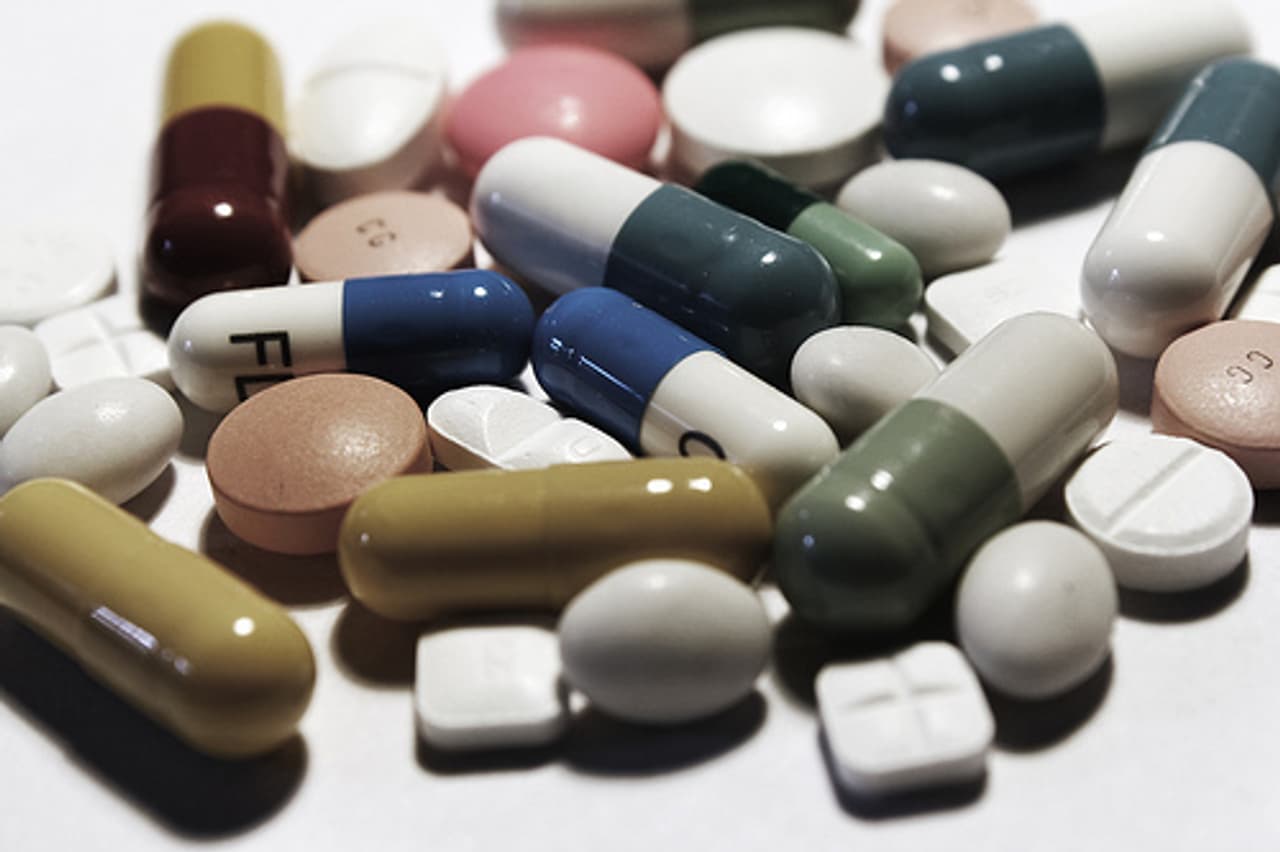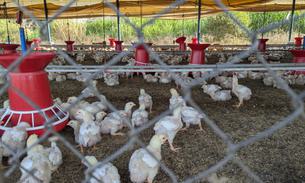
What is antimicrobial resistance?
AMR stands for antimicrobial resistance. An antimicrobial drug is one used against a microorganism – like a bacteria, a virus, a parasite, or a fungus – which causes a disease. Antimicrobial resistance refers to those microorganisms becoming immune to the drugs used to treat them.
AMR has soared since the 1970s and is now considered one of the biggest public health threats the world faces. Without effective antibiotics, infections – like sepsis, or food poisoning – can kill. Non-fatal infections would keep people in hospital longer, require more expensive drugs to treat and cause more damage.
And as more and more bacteria become resistant to antibiotics, routine medical procedures which rely on antibiotics to prevent infection – like Caesarean sections, chemotherapy, organ transplants and joint replacements – will become impossible.
The Review on AMR, chaired by Lord Jim O’Neill, estimated that superbugs kill 700,000 people worldwide – rising to 10 million extra deaths by 2050 if no action is taken. These estimates have been disputed by some but as there is no global surveillance system for resistant infections – with laboratory facilities in many countries poor- finding the true figure is near impossible.
AMR is a natural biological phenomenon. Some microorganisms naturally survive exposure to drugs which should kill them, and these surviving microorganisms pass on their resistance to the drug to others. However the overuse of antimicrobial drugs speeds up this natural process. When antimicrobial drugs are used, they kill the bugs without resistance genes, so only the ones immune to the drugs survive.
These reproduce and pass on resistance genes to the next generation, increasing their prevalence. Some bugs are able to share DNA and pass on resistant genes to one another – and sometimes a whole bundle of resistance genes can be shared at once.
AMR has been significantly accelerated by overuse and misuse of the drugs in human and animal medicine. Cramped and dirty conditions in factory farming allow disease to flourish, and farmers can become reliant on drugs to keep animals healthy. In some countries, antibiotics are also administered to animals raised for meat in order to make them gain muscle so they can be taken to market more quickly – a practice known as growth promotion.
Dirty production methods employed by pharmaceutical companies is another driver of the problem: some factories leak industrial waste containing antibiotic residue which enters water supplies, antibiotic-ridden fluid, which can create and spread superbugs.
AMR is increasing costs within the NHS because patients have to be treated in hospital for longer, looked after in intensive care and be given more expensive drugs. Sometimes wards have to be shut down to stop superbug outbreaks spreading, and expensive cleaning methods have to be used to kill the bugs so they can’t harm other patients.




